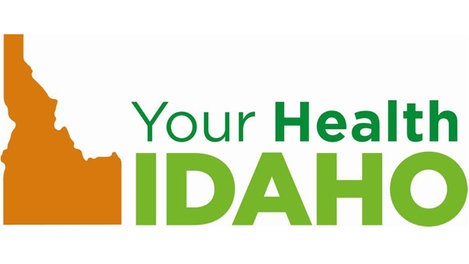
A PPO plan is a type of health insurance that allows you to see a doctor or hospital in network, or out of network. However, the plan can cost more than an HMO, and your out-of-pocket costs are higher. Whether a PPO is right for you depends on your needs and your budget. There are many benefits to choosing a PPO.
One of the biggest advantages of a PPO plan is flexibility. There are many providers in PPO networks, which can be extremely large. This means you can find the best doctors, or medical care in your community. Because the PPO network rewards in-network care you may be able to pay less out of pocket for the services you need.
A PPO gives you the option to choose your primary doctor. Sometimes, you won't need to have a referral from your doctor in order to see a specialist. You will need to refer a specialist if you don't have a PCP referral. However, you will pay more if you see a specialist with a referral. It is also important to note that you may have to pay a copay, or a fixed dollar amount, for certain healthcare services.

This cost could be avoided by calling your insurance company before receiving care from an outside-of-network provider. This will prevent your claim being denied and can help you avoid paying unnecessary treatment.
You can use any provider in the PPO network. You will still be responsible for all care received outside the network. While insurance companies and providers may agree to lower their rates for services, you still have to pay the full price if the provider is not in your network.
A PPO has another advantage: your doctor and other medical professionals are able to negotiate rates and schedules with health facilities. You'll have more options when it comes to testing and lab locations if you have a PO. As a result, you can get the care you need, even if you're traveling or away from home.
Other factors that you should consider when selecting a PPO include deductibles and copays. You will have to pay a fixed amount each year before your health coverage kicks in. In most cases, you will be covered for the first $1,000 of your cost. The rest will be covered by your insurance company. Copays are fixed dollar amounts you pay each time you have a visit to a provider. Your plan may require you to pay for things like tonsillectomies and birth control. Likewise, you can pay for medications you take at the pharmacy, but you will have to check with your insurance company about what types of prescriptions are covered.

PPO insurance policies are a good option for people who manage their own healthcare. This is an excellent option for those who travel often and need to be able to visit any doctor. Your needs, budget, and lifestyle will all play a role in choosing the right health insurance plan.